Artificial Intelligence and Chemsex Recovery
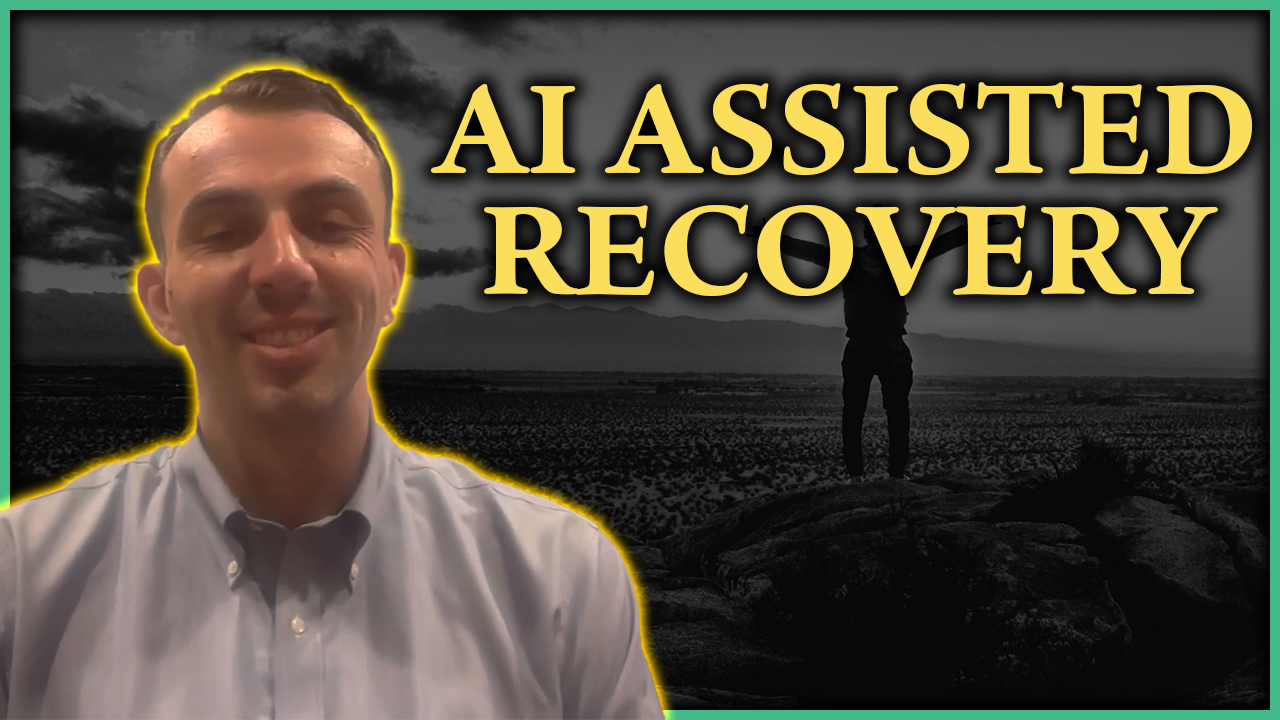
Recovery is a journey that doesn't follow a 9-to-5 schedule.
Cravings hit at 2 AM, triggers surface during mundane moments, and sometimes we need support when our usual resources aren't available.
This is where ChatGPT and other AI tools can serve as accessible, non-judgmental companions in your healing process.
Like any tool in recovery, ChatGPT isn't a replacement for professional help, sponsors, or your support network—but it can be a valuable supplement that's available 24/7 in your pocket.
In today's episode, I sit down with an attorney and a grateful man in recovery about how he supplements his recovery with the use of ChatGPT.
Hope you enjoy this episode!
Getting Started: Creating Your ChatGPT Recovery Companion
The first step in using ChatGPT effectively for recovery is addressing its distinctive, often sterile voice. Teachers can spot AI-generated content immediately because it lacks authenticity. The same applies to recovery work—you need your ChatGPT companion to feel genuine and engaging.
Choose Your Voice
Select someone who inspires you—perhaps RuPaul, a recovery mentor, or anyone whose wisdom you value.
As Dan explains: "I picked a role model. I had a lot of fun doing this. I think the Bravo reality star that's hard working, has it together my age, someone I totally look up to. And that's who now is speaking to me as AI, not that flat AI voice."
Tell your ChatGPT: "I want you to role-play as [person's name] being a recovery coach. Speak in their voice and maintain this persona throughout our conversation."
If the ChatGPT loses this voice during your conversation, simply remind it: "Don't forget you're [person's name]" and it will refocus.
Building Trust Gradually
Like any meaningful relationship, your connection with ChatGPT should develop over time.
Don't trauma-dump everything in your first interaction. Start with smaller concerns—a craving you're experiencing, a trigger you noticed, or questions about nutrition that might help your recovery.
Remember that ChatGPT learns from your inputs and can pick up patterns you might miss. It's surprisingly intuitive, often reading between the lines and making connections you haven't explicitly stated.
Privacy and Safety Considerations
We're currently in the "wild west" of AI development. Laws haven't caught up with technology, and data protection varies by company.
As Dan notes: "the rule, the, where, where we are now is in the wild west of AI. So the, laws are going to take some time to catch up where the technology actually is."
Think of yourself as potentially one hack away from your information being shared. Dan puts it plainly: "I'm going to say that we're all a good rule of thumb is just imagine you're a hack away from your data being shared."
Protection Strategies:
- Be discrete about identifying details
- Consider framing discussions as "my friend has..." if you're more comfortable
- Remember that the benefits may outweigh the risks for your recovery
- Use the same caution you'd apply to any online platform
Practical Applications for Recovery
Craving and Trigger Management
When cravings hit, your AI companion can be especially valuable.
Dan emphasizes the unique accessibility: "I can't reach my therapist at 2 a.m. on a Thursday, but I can reach for ChatGPT. You know, that's, that's where this really becomes advantageous when I'm running on the treadmill at the gym, not an ideal place to call a sponsor, you know, but I can look up at ChatGPT and have a conversation with it real quick."
Your AI companion can:
- Help reframe the experience ("This craving won't last forever")
- Remind you of practical steps (hydrate, take a walk, practice breathing)
- Ask follow-up questions to help you understand patterns
- Provide encouragement in your chosen voice
As Dan explains: "more often than not, it reframes that craving for me. So where I think, you know, how often in the early recovery do we think that cravings last forever? You know, this is just the state of the world right now. And, it helps break me out of that mind thinking."
Log your cravings with context: "I'm having a craving. I'm at the gym, there's an attractive person nearby, and I haven't slept well." This gives your AI more data to work with and help you identify patterns.
Weekly and Monthly Reviews
Ask your AI to analyze patterns in your recovery journey:
- "What were my cravings like this week?"
- "What patterns do you notice in my triggers?"
- "How did I handle challenges this month?"
The AI's ability to remember and analyze your inputs can reveal patterns you might forget or overlook.
Scheduling and Planning
For high-risk periods (weekends alone, partner traveling, stressful events), ask your AI to help create hour-by-hour schedules that minimize idle time and maximize supportive activities. It can suggest:
- Local events and activities
- Healthy meal planning
- Exercise routines
- Creative projects
Reframing Negative Experiences
When you're in the depths of a relapse or difficult moment, ask your AI to help reframe the experience:
- "How could this relapse actually benefit my recovery journey?"
- "What can I learn from this experience?"
- "Help me see this situation differently"
Educational Support
Your AI can help you understand:
- The physical effects of your substance use
- Nutritional strategies for healing (like incorporating blueberries, garlic, and broccoli for certain types of recovery)
- How your specific substance affects your body and brain
- Recovery concepts explained in accessible language
Advanced Techniques
Interactive Journaling
Rather than just logging events, engage in dialogue with your AI. Let it ask follow-up questions about your entries. This creates a more dynamic reflection process than traditional journaling.
Step Work and Literature Support
If you're in a 12-step program, ask your AI to help break down complex literature into more accessible language, provide real-life examples, and guide you through step work with personalized feedback.
Playlist and Mood Management
Ask your AI to create recovery-focused playlists, suggest music from meaningful periods in your life, or help you discover new artists that support your emotional well-being.
Important Boundaries and Limitations
While AI can be incredibly helpful, maintain awareness of its limitations:
- It may have biases toward certain recovery approaches (like preferring abstinence-only models)
- It cannot replace human connection, professional therapy, or medical advice
- Some responses may reflect mainstream recovery thinking that doesn't align with your personal philosophy
- You can set boundaries by telling it to disregard certain philosophies or approaches
Integration with Traditional Recovery
Your AI companion works best alongside, not instead of, traditional recovery resources:
- Use it to prepare for therapy sessions by analyzing patterns beforehand
- Bring insights from AI conversations to your sponsor or counselor
- Let it help you process meeting topics or podcast content more deeply
- Use it as a safe space to "complain" without burdening others
The Non-Judgmental Advantage
One of the most powerful aspects of using AI in recovery is its complete lack of judgment.
Dan highlights this benefit: "I'm not a very whiny person, you know... But with ChatGPT, I can absolutely complain. You know, I can be as whiny as I want without anyone judging me."
This creates a unique space where you can be completely honest about your struggles without fear of disappointing someone or being seen differently.
As Dan notes: "if I ever go overboard, you're the one that needs to tell me to the full effect of notch. But she said, Dan, I use please and thank you at Siri. like, I absolutely use, you know, manners with ChatGPT. I think it makes the relationship more realistic, but it also keeps me grateful."
- Feed it your own writing style to make responses feel more authentic
- Reference specific recovery content (like podcast episodes) for targeted prompts
- Create ongoing conversations that build on previous interactions
- Develop your own prompt formulas that work for your unique situation
Remember: You're Still in Control
Unlike human relationships, you can be completely honest with AI without worrying about judgment, hurt feelings, or social consequences.
You can challenge its advice, disagree with its suggestions, and walk away without offense. This makes it a unique space for honest self-exploration.
AI in recovery isn't about replacing the human elements that make healing possible—connection, empathy, shared experience.
Instead, it's about having an additional tool that's always available, never tired, and capable of helping you think through challenges in new ways.
Your recovery journey is uniquely yours. AI can help you navigate it, but the decisions, the growth, and the healing remain entirely in your hands.
Reflective Questions
-
What specific recovery challenges do you face during times when traditional support isn't available (late nights, early mornings, travel, etc.)? How might an AI companion help fill these gaps?
-
Which person would you choose as the "voice" for your AI recovery companion, and what qualities about them make them inspiring to you in your healing journey?
-
How do you currently track patterns in your cravings, triggers, or emotional states? What patterns have you noticed that you might have overlooked without consistent documentation?
-
What aspects of your recovery do you find hardest to discuss with other people? How might the non-judgmental nature of AI create space for exploring these areas?
-
When you think about reframing difficult experiences in your recovery, what's one recent challenge that you might view differently with some outside perspective?
Journal Prompts
-
Write about a time when you needed support but couldn't reach your usual resources. Describe what you were feeling and what kind of guidance would have been most helpful in that moment.
-
Reflect on the role of shame in your recovery journey. How has shame affected your willingness to seek help or be honest about your struggles? How might having a non-judgmental AI companion change this dynamic?
-
Document a recent craving or trigger in detail—include the time, location, your emotional state, what preceded it, and how you responded. Now write about what patterns you notice and what questions you might ask an AI companion about this experience.
-
Consider the concept of reframing negative experiences as learning opportunities. Choose a recent setback in your recovery and write about it from three different perspectives: as a victim, as a learning experience, and as evidence of your strength.
-
Write a letter to yourself from the perspective of your chosen AI companion voice. What would this person tell you about your recovery journey, your progress, and your potential?
Action Exercises
-
Set Up Your AI Companion: Choose an AI platform and create your first conversation. Practice setting up your chosen voice persona and ask it to help you create a simple craving management plan.
-
Create a High-Risk Situation Plan: Identify a specific situation that typically triggers you (weekend alone, work stress, social events). Use AI to help you create an hour-by-hour schedule for navigating this situation safely.
-
Weekly Pattern Analysis: For one week, log your cravings, moods, and triggers with your AI companion. At week's end, ask it to analyze patterns and provide insights you might have missed.
-
Reframe Practice: Think of a recent difficult experience in your recovery. Practice asking your AI companion to help you reframe this experience in multiple ways—as a learning opportunity, as evidence of your resilience, and as a stepping stone to growth.
-
Recovery Resource Integration: Choose a piece of recovery literature, a podcast episode, or meeting topic that you find challenging. Use your AI companion to break it down, ask clarifying questions, and create personalized action steps based on the content.
Remember: AI is a tool to supplement, not replace, the human connections and professional support that are essential to recovery. Use it as one part of a comprehensive approach to healing that includes therapy, community, and the wisdom of others who have walked this path.
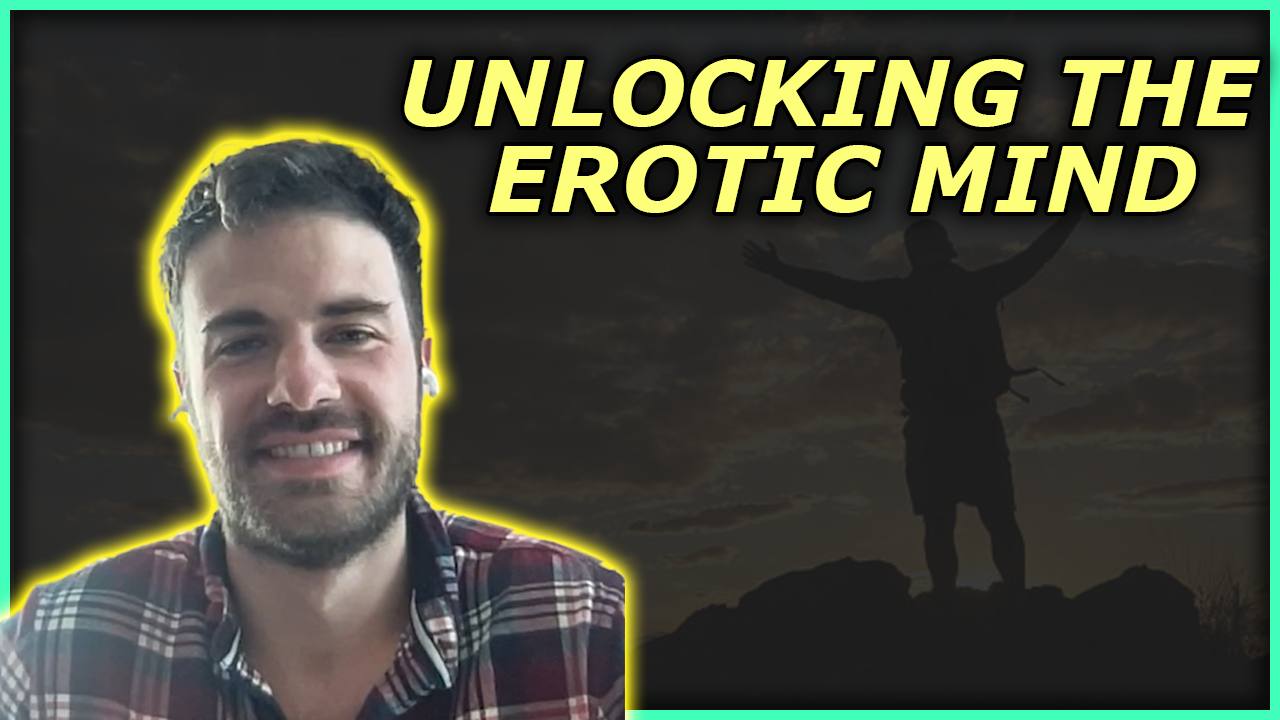
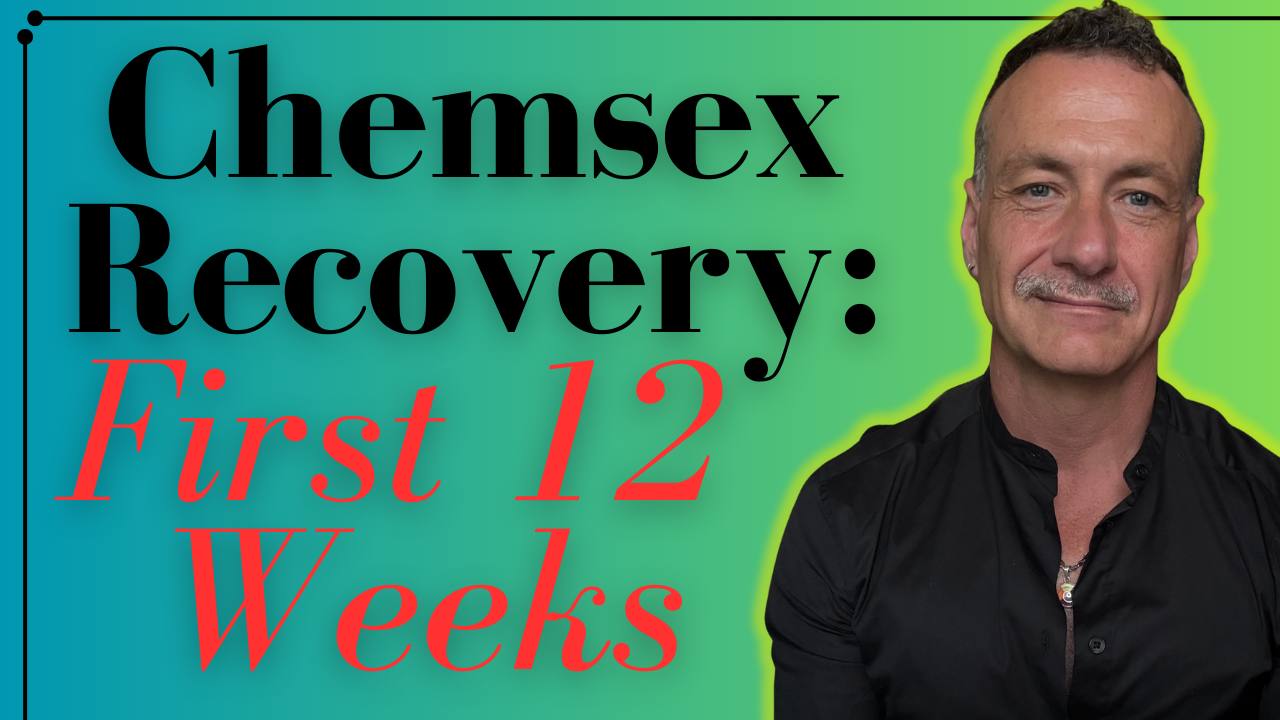
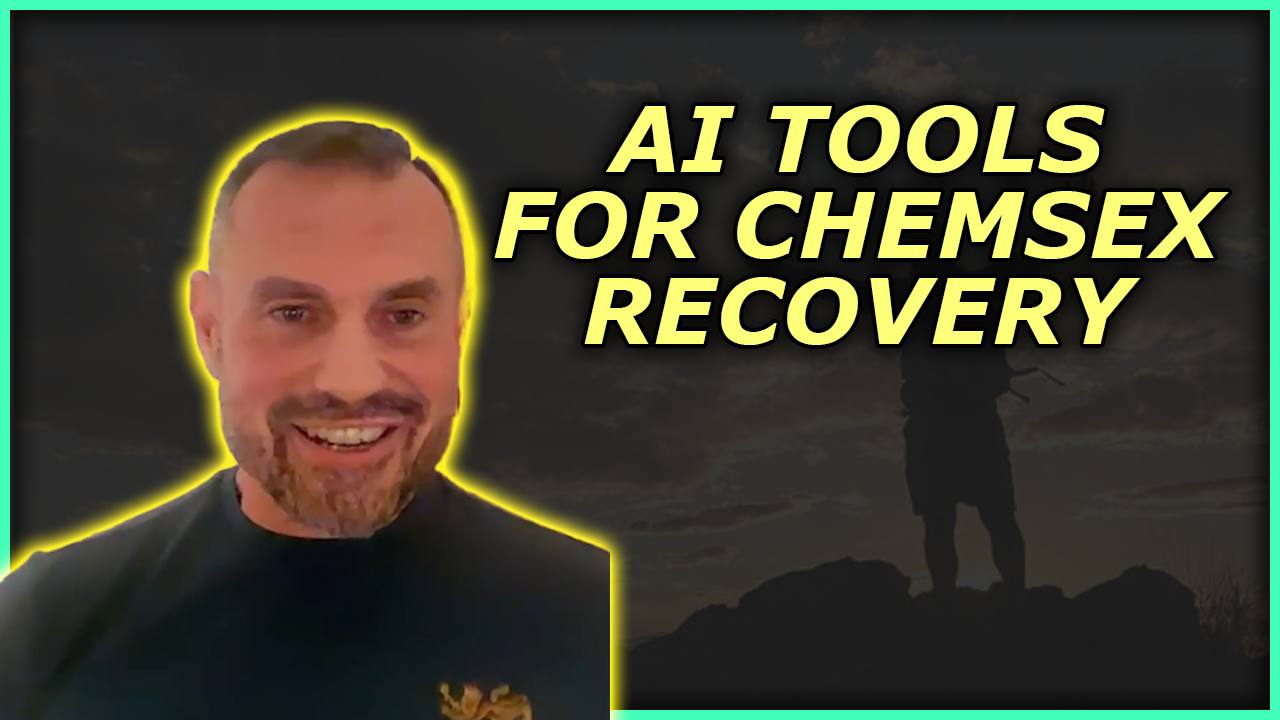
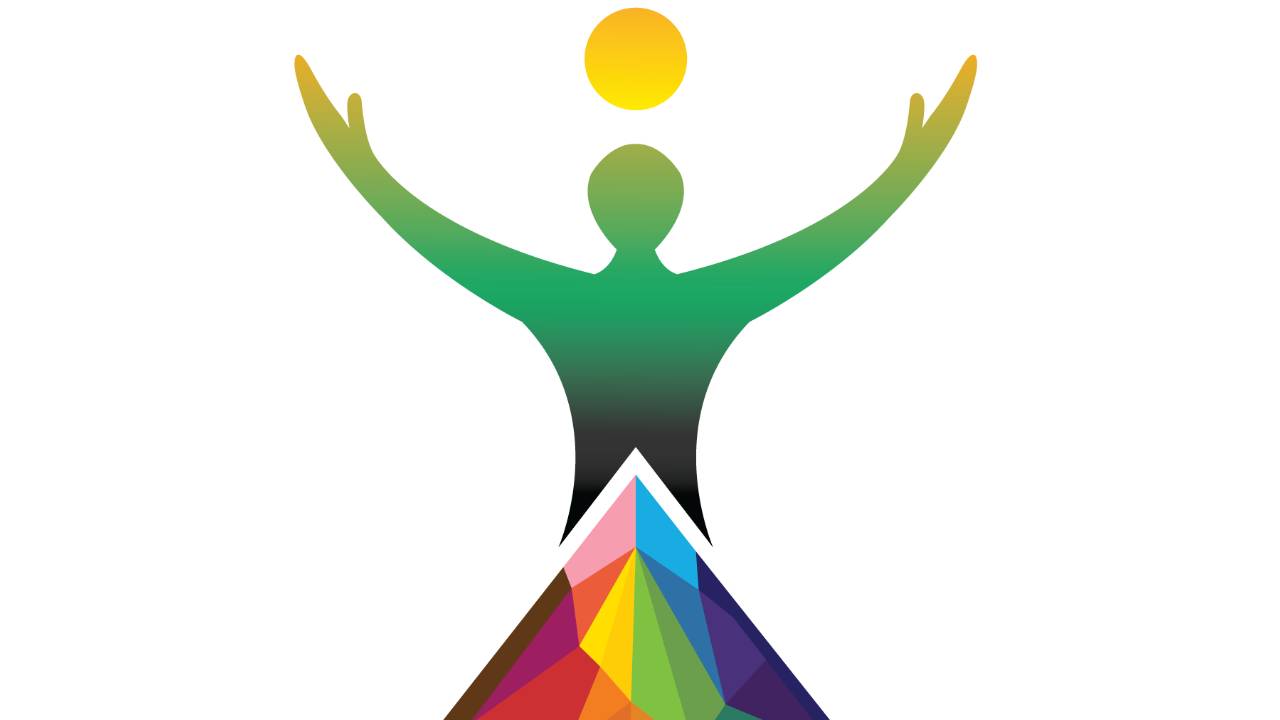
Responses